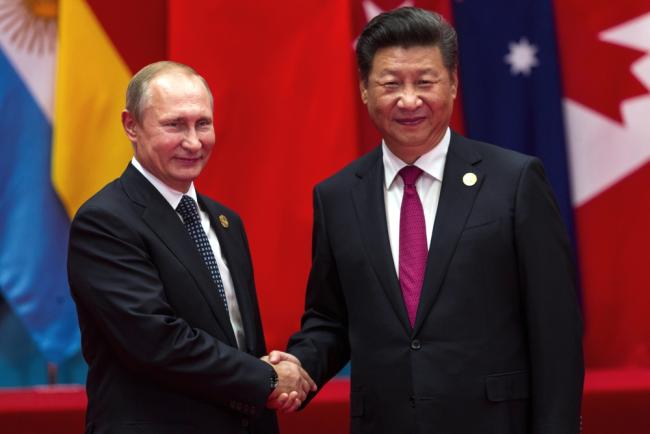Europe's Reaction to the "Augustine Report"
The Berlin-based Stiftung Wissenschaft und Politik (SWP), the VIenna-based European Space Policy Institute (ESPI) and the Paris-based Fondation pour la Recherche Stratégique (FRS), joined with Ifri in the drafting of a policy-memorandum on Franco-German space cooperation. This initiative by ESPI with leading think tanks in France and Germany is calling to revigorate the Franco-German parternship in the European context.

Available in:
Regions and themes
Share
Download the full analysis
This page contains only a summary of our work. If you would like to have access to all the information from our research on the subject, you can download the full version in PDF format.
Europe's Reaction to the "Augustine Report"
Find out more
Discover all our analysesChina-Russia Cooperation in Space: The Reality behind the Speeches
China-Russia cooperation in space has been increasing for the past two decades. This cooperation accelerated after the Crimea crisis in 2014 and culminated with the announcement in 2021 of the joint construction of the International Lunar Research Station (ILRS).
Space in a Changing Environment: a European Point of View
The development of European space activities has long been pursued under the framework of the European Space Agency and other national space agencies. More recently, the emergence of the European Union as a new actor for space has paved the way for a series of initiatives and opportunities.
Space Weather and NEOs in the European Space Policy
Although often overshadowed by a focus on security concerns, Space weather and NEOs are important elements of Europe’s SSA program.
Key Trends in the European Earth Observation Sector
An ambitious Earth Observation (EO) policy could bring significant benefits to Europe both regarding the fight against climate change and the competitiveness of its EO industry and service sectors.







